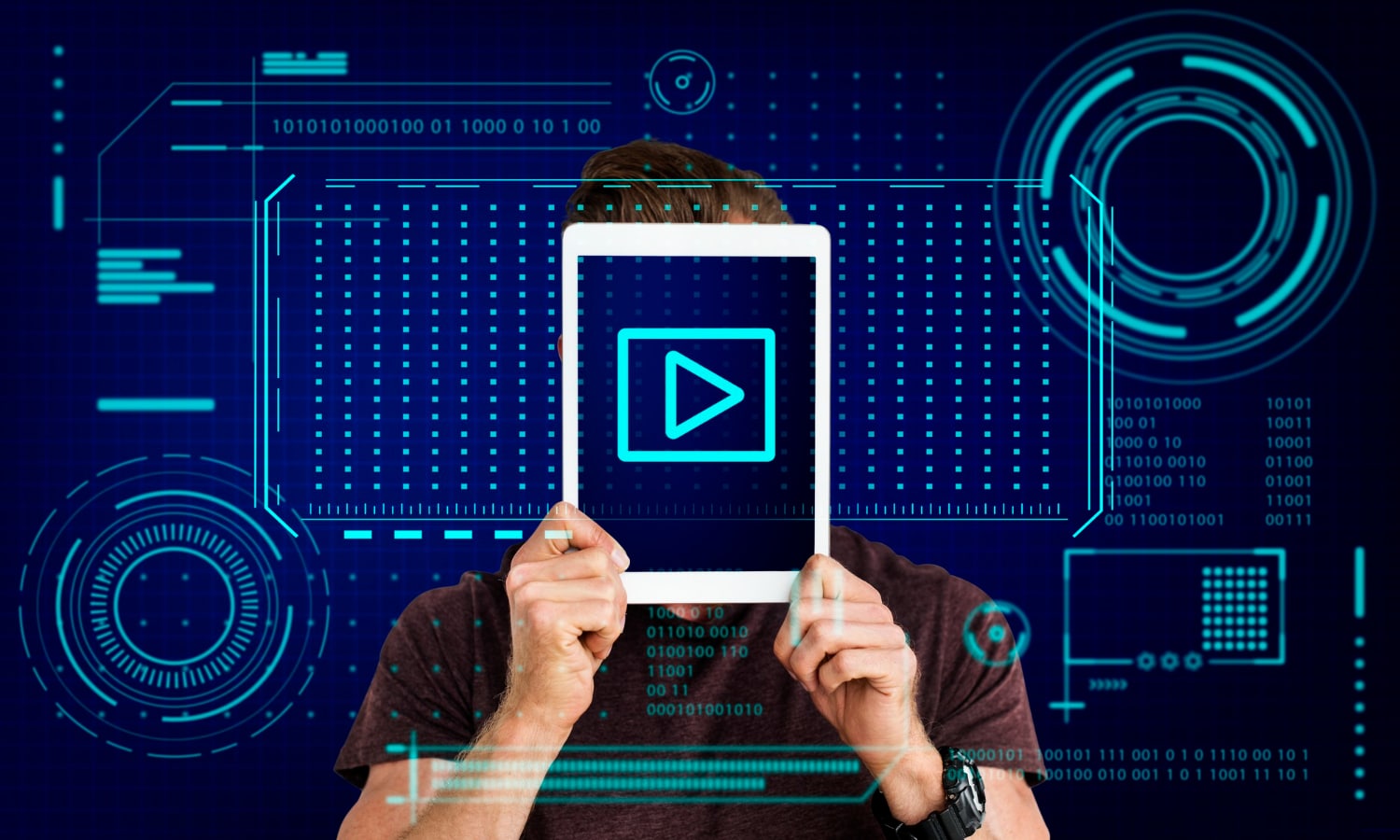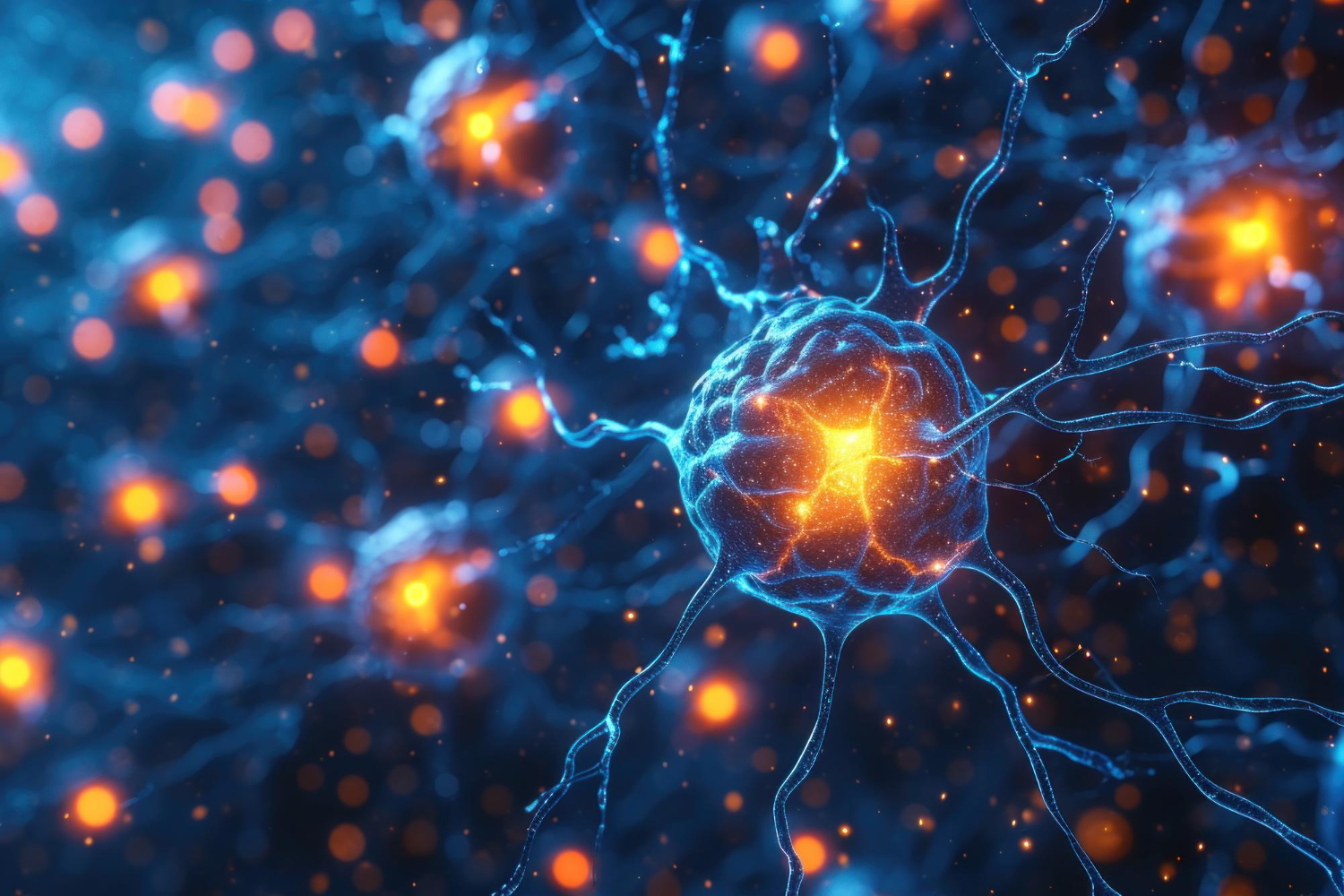
Video marketing has taken the digital world by storm, and now, the power of AI is revolutionizing this ever-growing industry. With the increasing demand for engaging content, businesses are turning to artificial intelligence to create personalized and targeted video campaigns that captivate their audience.
Through AI technology, video marketers can analyze vast amounts of data, including user behavior and preferences, to tailor their content to the specific needs and interests of their viewers. By utilizing machine learning algorithms, AI can automatically identify patterns and trends, allowing marketers to optimize their videos for maximum impact.
One of the key advantages of AI in video marketing is its ability to enhance the customer experience. By harnessing natural language processing and computer vision, brands can deliver personalized recommendations, interactive features, and even virtual shopping experiences. This not only improves customer engagement but also increases the likelihood of conversion and brand loyalty.
As AI continues to evolve, its impact on video marketing will only become more profound. By enabling businesses to create and distribute highly relevant and engaging video content, AI is revolutionizing the way brands connect with their audience and drive results.
AI-powered video editing tools
AI-powered video editing tools have revolutionized the way marketers create and edit videos. These tools leverage machine learning algorithms to automate various aspects of the editing process, such as color correction, stabilization, and even content selection. With AI, marketers can save time and resources while ensuring their videos are polished and professional.
One popular AI-powered video editing tool is Adobe Premiere Pro. This software uses AI to analyze footage and automatically suggest edits, such as removing shaky footage or enhancing color grading. By automating these tasks, marketers can focus on the creative aspects of video production, resulting in higher-quality content and faster turnaround times.
Another example is Magisto, an AI-driven video editing platform that allows users to create professional-looking videos with minimal effort. This tool uses AI to analyze the content and automatically selects the best shots, applies transitions, and even adds background music. With Magisto, even those with limited video editing skills can create captivating videos that resonate with their audience.
AI-generated video content
AI is not only transforming the way videos are edited but also how they are generated. With AI-generated video content, marketers can create highly personalized and targeted videos at scale. By leveraging AI technology, brands can automatically generate videos based on user data, such as browsing history, previous purchases, or demographic information.
One application of AI-generated video content is personalized product recommendations. By analyzing user preferences and purchase history, AI algorithms can create customized videos showcasing products that are most likely to interest each individual viewer. This level of personalization not only increases engagement but also boosts conversion rates, as viewers are more likely to be interested in products tailored to their specific needs.
Another example is virtual shopping experiences. With AI-powered computer vision technology, brands can create interactive videos that allow viewers to virtually try on clothes, visualize furniture in their homes, or even test drive cars. By providing immersive and engaging experiences, brands can build a stronger connection with their audience and drive sales.
Personalized video marketing using AI
One of the key advantages of AI in video marketing is its ability to enhance the customer experience. By harnessing natural language processing and computer vision, brands can deliver personalized recommendations, interactive features, and even virtual shopping experiences. This not only improves customer engagement but also increases the likelihood of conversion and brand loyalty.
AI-powered personalization allows brands to deliver targeted video content based on individual preferences and behaviors. For example, a clothing retailer can use AI algorithms to analyze a customer’s browsing history and purchase patterns to recommend relevant products through video ads. By tailoring the content to the viewer’s interests, brands can increase the chances of capturing their attention and driving them towards a purchase.
Furthermore, AI can enable interactive features within videos, such as clickable links, quizzes, or polls. These features encourage viewer participation and provide valuable insights into their preferences and opinions. By collecting data through these interactions, brands can further refine their targeting and create even more personalized video campaigns.
AI-driven video analytics and insights
AI is not just a tool for content creation; it also plays a crucial role in analyzing video performance and providing actionable insights. Through AI-driven video analytics, marketers can gain a deep understanding of how their videos are performing, who their audience is, and what content resonates the most.
AI algorithms can analyze various metrics, such as view counts, engagement rates, click-through rates, and even sentiment analysis. By combining these data points, marketers can identify patterns and trends, enabling them to optimize their videos for maximum impact. For example, if a particular type of video consistently performs well among a specific demographic, marketers can create more content tailored to that audience.
Additionally, AI can provide real-time feedback on video performance, allowing marketers to make data-driven decisions and adjust their strategies accordingly. For instance, if a video is not performing well, AI algorithms can suggest specific changes, such as adjusting the video length, optimizing the thumbnail, or modifying the call-to-action, to improve its effectiveness.
AI and video SEO optimization
In the age of digital marketing, SEO (search engine optimization) is crucial for ensuring that videos reach their intended audience. AI can play a significant role in optimizing videos for search engines, improving their visibility and discoverability.
AI-powered algorithms can analyze the content of videos, including titles, descriptions, and transcripts, to determine relevance and rank them accordingly in search results. By optimizing these elements, marketers can increase the chances of their videos appearing in relevant searches and attracting organic traffic.
Furthermore, AI can assist in identifying keywords and trends that are popular among the target audience. By leveraging AI-driven keyword research tools, marketers can uncover valuable insights into the language and phrases their audience uses, enabling them to optimize their video content for maximum visibility.
Case studies of successful AI-powered video marketing campaigns
To understand the true impact of AI in video marketing, let’s explore a few case studies of successful campaigns that have leveraged AI technology to drive impressive results.
1. Nike: The global sportswear giant used AI to create personalized video ads tailored to individual customers. By analyzing user data, such as past purchases, Nike created videos showcasing products that matched each customer’s preferences. This highly targeted approach resulted in a significant increase in engagement and conversion rates.
2. Spotify: The popular music streaming platform utilized AI to generate personalized video playlists for its users. By analyzing listening habits, Spotify created video compilations featuring the user’s favorite artists and songs. This personalized touch not only delighted users but also encouraged them to spend more time on the platform.
3. Coca-Cola: The iconic beverage brand leveraged AI to create an interactive video campaign that allowed viewers to customize their own virtual Coke can. By using computer vision technology, viewers could personalize the design and share their creations on social media platforms. This campaign generated massive user engagement and social media buzz.
These case studies highlight the power of AI in creating highly targeted and engaging video campaigns that resonate with the audience and drive results.
Challenges and limitations of AI in video marketing
While AI brings numerous benefits to video marketing, it also faces several challenges and limitations that marketers need to be aware of.
One significant challenge is privacy concerns. AI relies on vast amounts of user data to create personalized content, which raises concerns about data privacy and security. Marketers must ensure that they have proper consent and adhere to data protection regulations to build trust with their audience.
Another limitation is the potential for biased recommendations. AI algorithms are trained on existing data, which can sometimes contain biases. Marketers need to be cautious to avoid perpetuating stereotypes or inadvertently excluding certain segments of the audience. Regular monitoring and fine-tuning of AI models are essential to mitigate this risk.
Additionally, AI technology is still evolving, and there may be limitations in terms of accuracy and reliability. Marketers should carefully assess the capabilities and limitations of AI tools before fully relying on them. It is crucial to strike the right balance between automation and human supervision to ensure the desired outcomes.
The future of AI in video marketing
As AI continues to evolve, its impact on video marketing will only become more profound. By enabling businesses to create and distribute highly relevant and engaging video content, AI is revolutionizing the way brands connect with their audience and drive results.
In the future, we can expect advancements in AI technology to further enhance personalization and interactivity in video marketing. Virtual reality (VR) and augmented reality (AR) technologies are likely to play a more significant role in creating immersive video experiences. AI algorithms will become even more sophisticated, enabling marketers to predict and anticipate consumer behavior with greater accuracy.
Moreover, as AI becomes more accessible and affordable, small businesses and individual content creators will have the opportunity to leverage its power in their video marketing efforts. This democratization of AI will level the playing field and allow innovative ideas to flourish.
In conclusion, AI has revolutionized video marketing by enabling personalized content creation, enhancing the customer experience, providing valuable insights, and optimizing videos for search engines. While it presents challenges and limitations, the future of AI in video marketing holds great promise. By embracing AI technology, businesses can stay ahead of the competition and create impactful video campaigns that captivate their audience.




